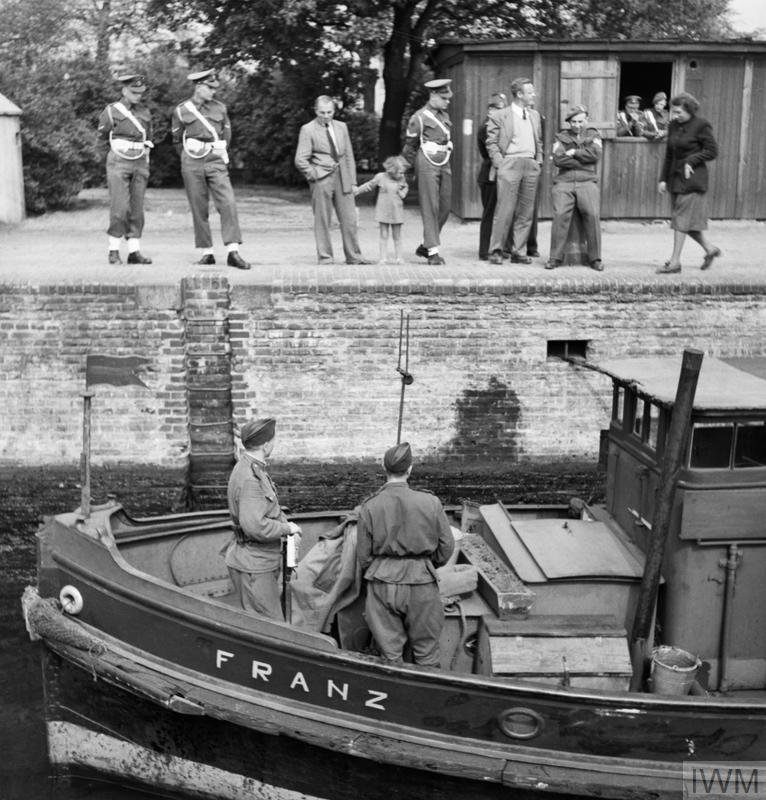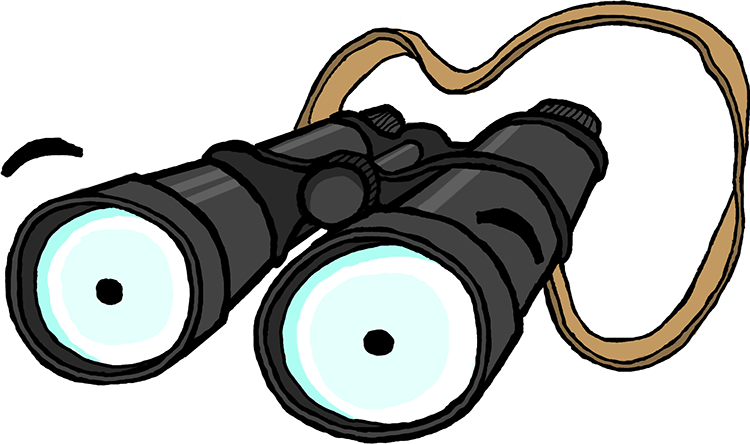Berlin Blockade
With Germany and Berlin divided between four states following the Potsdam Conference in 1945, the future of how they would be governed still had to be decided. Western Powers were keen to ensure that Germany did not become a communist country. The United States of America, France, and the United Kingdom decided that it would be easier to control their zones if they joined them together and named it West Germany.
Joseph Stalin, dictator of the Soviet Union, was threatened by this alliance as he felt the Western Powers had put themselves in a stronger position that could halt the advancement of communism. West Berliners were able to enjoy a more comfortable lifestyle than those in East Berlin, much to the Soviet Union's embarrassment. In response to this and in the hopes that he could take control of the whole city, Stalin cut all land access to Berlin - which became known as the Berlin Blockade.
West Berlin could now only be accessed by air - meaning it was very difficult for West Berliners to get necessities such as food and medicine. This put those who lived there in a dangerous and vulnerable position. Not wanting to go to war, nor wanting to surrender West Berlin and give the Soviet Union more power, the Western Allies decided to supply the essential supplies to Berlin through the air. This was known as the Berlin Airlift.
The blockade and airlift lasted from June 1948 until May 1949 and cost the United States of America $350 million and the United Kingdom £17 million.



